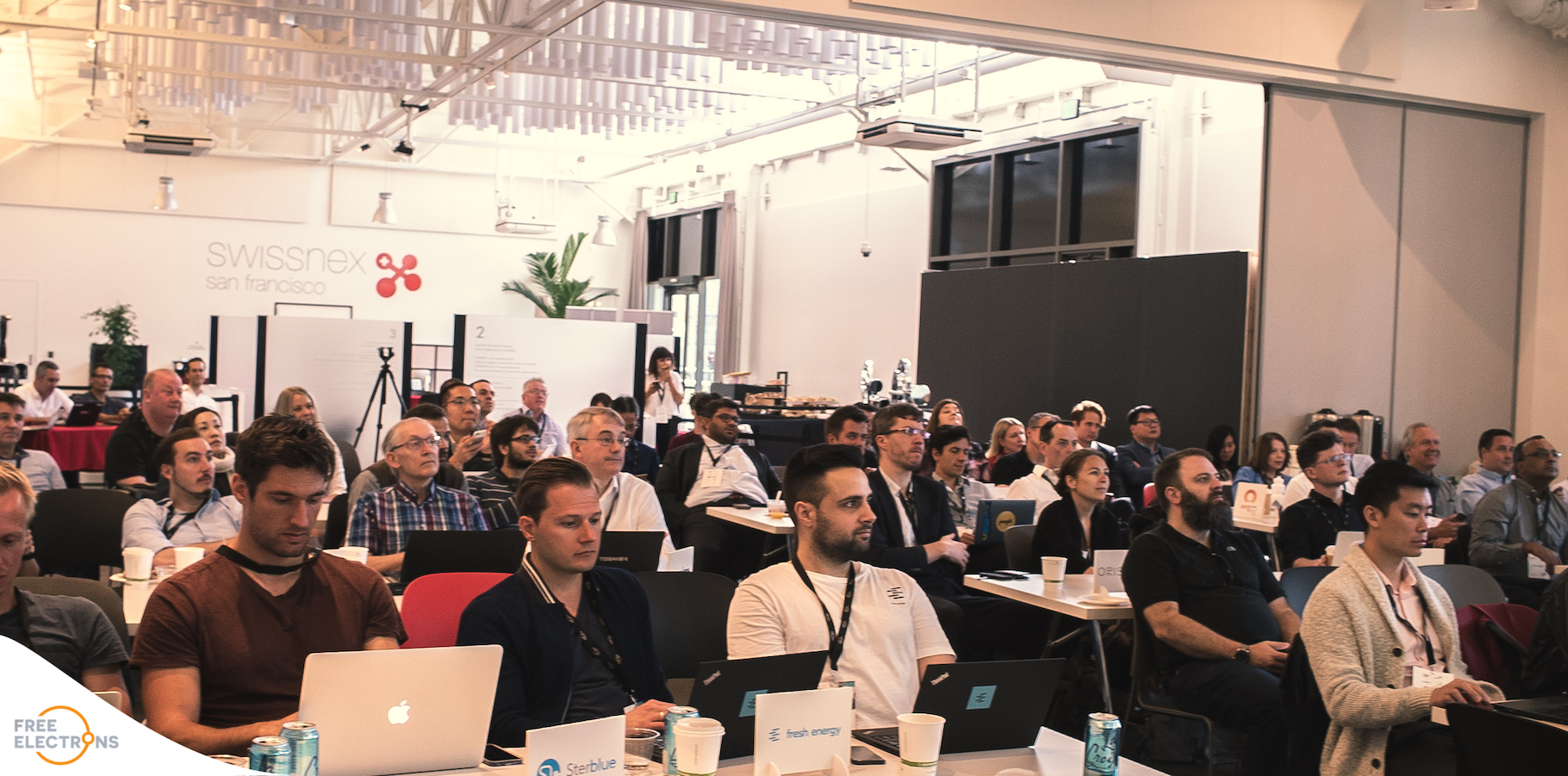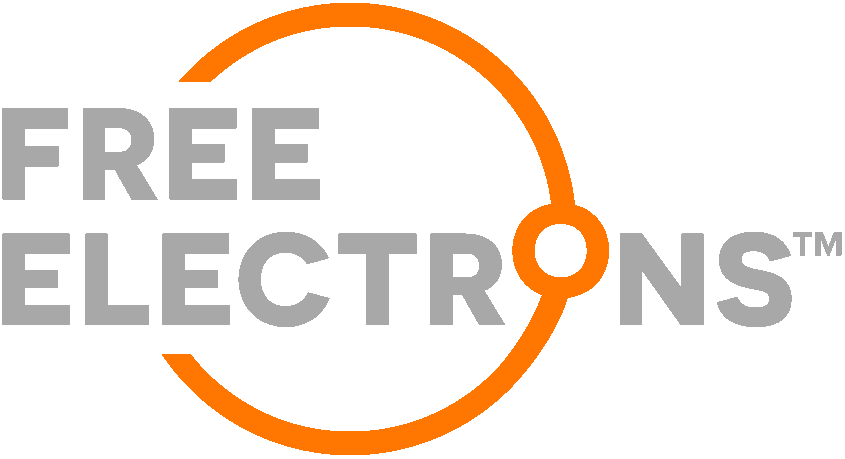
28 pilots already launched between Startups and Utilities
Free Electrons, the first global energy accelerator program that connects the world’s most promising startups with leading utilities around the world, has wrapped up its second module with an impressive total of 28 running pilots with a final module in Berlin to go.
The program kicked off its 2018 edition with a successful Bootcamp in Lisbon, followed by its first Module in Sydney/Melbourne, where initial pilots were scoped between utilities and startups. Module 2 took place in Silicon Valley, the global tech hub, and focused on growth and learning.
In this second module, sessions where utilities and startups forwarded their on-going pilots were key in maximizing performance. The module was also an opportunity to develop new relationships and opportunities. In module 1 only one pilot per startup was recommended in order to insure focus and traction. In module 2 the learnings were shared and the playing field was open.
Free Electrons allows for utilities to cooperate with each other on pilots, which is unique, and effective forstartups, as they only have to go through a learning curve with a utility once and allows for them to scale much faster. To date startups could only have one pilot, but from now they have the opportunity to work with multiple utilities.
One such example is between Verv, that created a clever home energy assistant, and ESB, that has already successfully completed a pilot with SterBlue, and is now preparing the next steps to apply their solution to the wind farms monitoring. Another example is SOLShare, a blockchain platform that is doing pilots with both Innogy and Tepco, for a donation platform (Web application), where a donor can choose individual users or a predefined group of users (like a village) to donate energy.
“We wanted a safe, fast and accurate solution to inspect our wind turbines to minimize maintenance costs & generator downtime. SterBlue were super-accommodating of all our requirements. Sometimes we find it can actually be easier to work with startups than larger companies because they are more flexible, enthusiastic and listen intently to their customer’s needs”, says John McKiernan, Head of External Collaboration at ESB.
“This program connects us with new companies that we might never otherwise find. It is a tremendous catalyst for accelerating change and innovation at ESB”, adds John McKiernan.
Module 2 (San Francisco)
The first two days of the module were partially dedicated to sharing learnings derived from the first 15 pilots underway. This process is core to the program structure and allows startups and utilities to build on the experiences of each other.
The third day represented one of the module’s high notes with the Level-Up Energy Innovation event, which presented the Free Electron participants to the Silicon Valley ecosystem. The 15 startups in the program were each was given the opportunity to showcase their cutting-edge solutions to an audience comprised of investors and tech experts. The module closed with the announcement of the new pilots which had been defined throughout the week, and an overview of the roadmap towards the final Module in Berlin.
“Naming this program Free Electrons says a lot about the utilities’ shared perspective and view regarding the evolution of power and energy industry and markets around the world. Electricity as a commodity will tend to lose value over time, so we need to develop new business models and new services to add value to our shareholders, and they will certainly revolve around digital, data and data management”, says Luís Manuel, Executive Board Member at EDP Innovation.
The Free Electrons founders are Ausnet Services (Australia), DEWA (Dubai), EDP (Portugal), ESB (Ireland), Innogy (Germany), Origin Energy (Australia), SP Group (Singapore) and Tokyo Electric Power Company (Japan), with also the participation of American Electric Power (USA). The program is supported by Beta-i (Portugal).
In total, the program received 515 applications, from 65 different countries, a testament to the global reach of the initiative. After a selection process that culminated in the Bootcamp (that took place last April, in Lisbon, Portugal), 15 startups qualified for the acceleration phase. The final stage, that closes the program, will happen in Berlin (Germany), in October.
